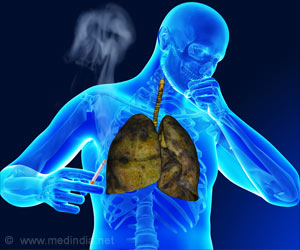to highlight that cardiovascular risk factors accumulated from childhood through mid-life may influence poor cognitive performance at midlife.
‘Managing children’s weight, blood pressure, and cholesterol offers protection to brain function in later life. However further analyses are required to learn whether there are specific ages in childhood and/or adolescence when cardiovascular risk factors are particularly important to brain health in adulthood.’
Brain function and Cardiovascular Health
“We can use these results to turn the focus of brain health from old age and midlife to people in younger age groups. Our results show active monitoring and prevention of heart disease and stroke risk factors, beginning from early childhood, can also matter greatly when it comes to brain health. Children who have adverse cardiovascular risk factors might benefit from early intervention and lifestyle modifications,” says the study’s first author Juuso O. Hakala, M.D., a Ph.D. student at the Research Centre of Applied and Prevention Cardiovascular Medicine at the University of Turku, in Turku, Finland.
The researchers enrolled approximately 3,600 randomly selected boys and girls, ranging in ages from 3 to 18, all of whom were white for this national, longitudinal study on cardiovascular risk from childhood to adulthood in Finland.
Baseline clinical examinations were conducted in 1980 and the participants’ cardiovascular risk factor profiles were followed for 31 years from childhood to adulthood. More than 2,000 of the participants, ranging in ages from 34 to 49, underwent a computerized cognitive function test in 2011.
The test measured four different cognitive domains: episodic memory and associative learning; short-term working memory; reaction and movement time; and visual processing and sustained attention.
It was found that systolic blood pressure, total blood cholesterol and low-density lipoprotein (LDL) cholesterol, as well as body mass index, from childhood to midlife are associated with brain function in middle age.
The consistently high systolic blood pressure or high blood total cholesterol and LDL cholesterol were linked to worse memory and learning by midlife when compared with lower measures. And obesity from childhood to adulthood was associated with lower visual information processing speed and maintaining attention.
The study thereby derived a relationship between all three cardiovascular risk factors to poorer memory and associative learning, worse visual processing, decreased attention span, and slower reaction and movement time.
However noting the shortcomings of the study, the team concluded that further analyses are needed to learn whether there are specific ages in childhood and/or adolescence when cardiovascular risk factors are particularly important to brain health in adulthood.
Source: Medindia



